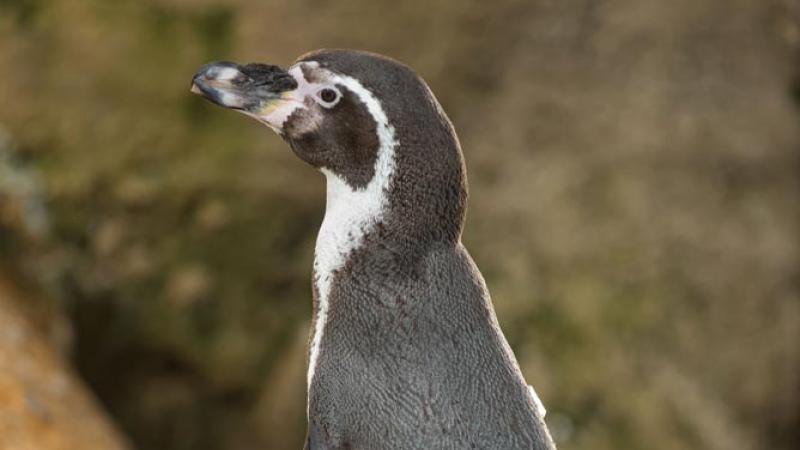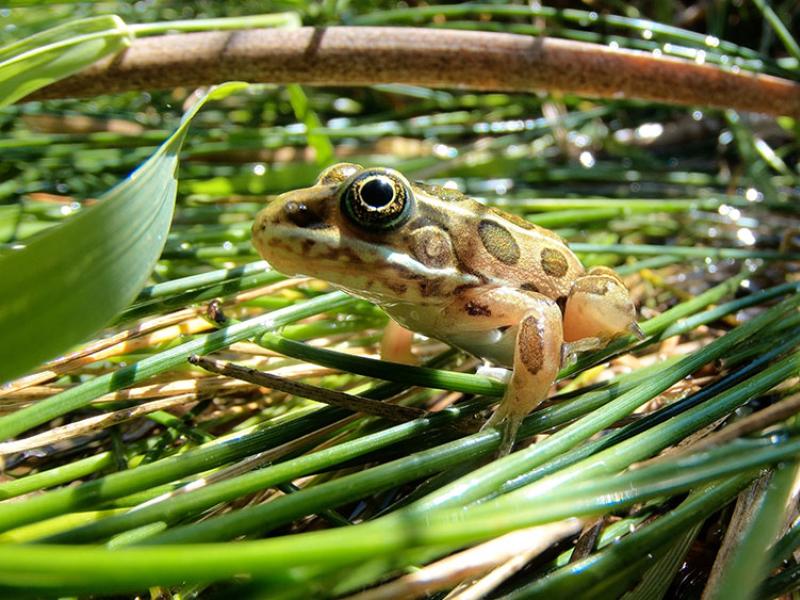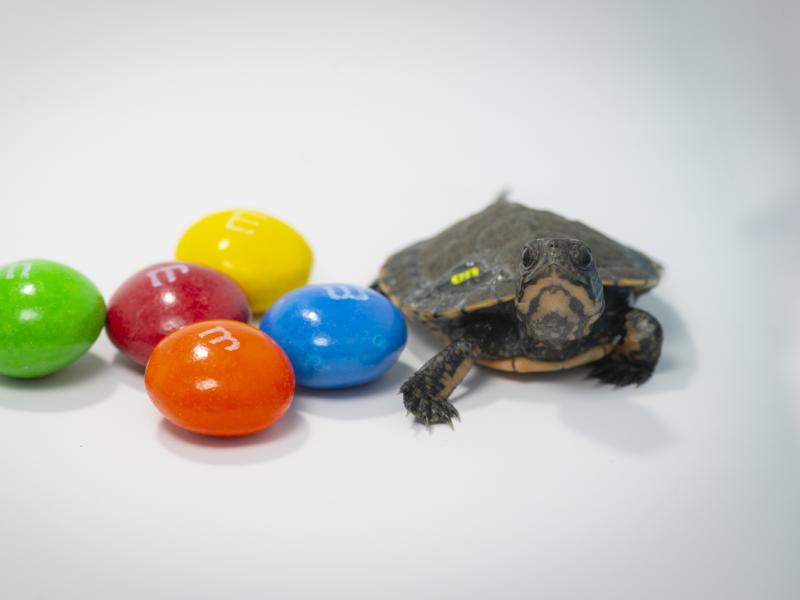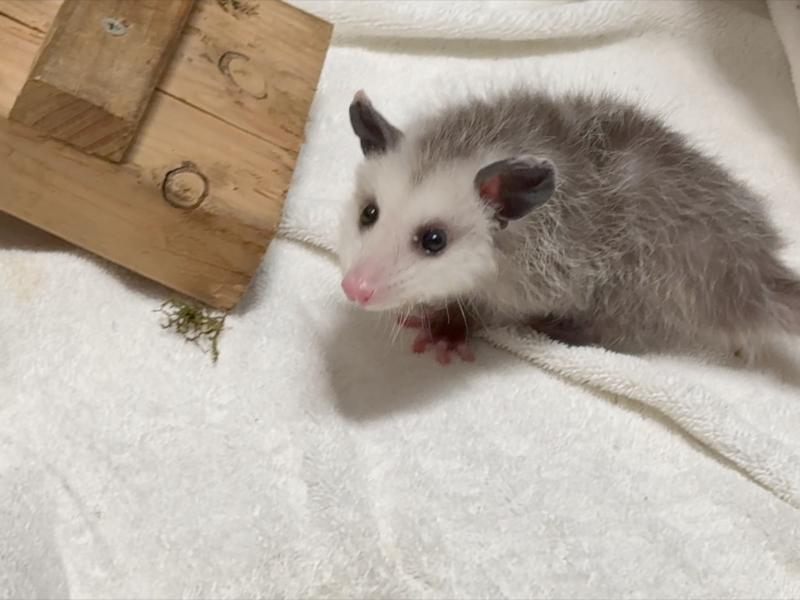
The zoo's Humboldt penguins return home after a brief stay in the polar bear habitat
After a monthlong stay in the polar bear habitat while repairs were made to their penguinarium, the zoo's 25 Humboldt penguins are marching home. They completed the 100-yard migration Thursday morning with the help of a team of keepers, and guests can visit them in their new and improved habitat starting this weekend.
"The penguins did really well in the polar bear habitat," said Travis Koons, who oversees the zoo's bird population. "But it's always nice to come home."
It's especially nice to come home to a clean house. The penguin colony will enjoy some upgrades to their habitat, including a newly refreshed attic area for the Inca terns who share their space. Upon returning home, the birds eagerly waddled in and took a quick look around before splashing into their 25,000-gallon pool.
In 2012, the zoo completed an upgrade of the penguinarium's water-filtration system, one of many improvements funded by the community-supported 2008 zoo bond measure aimed at protecting animal health and safety while conserving and recycling water. The upgrade saves millions of gallons each year.
Humboldt penguins, which live along the South American coastline off of Peru and Chile, are classified as "vulnerable" by the International Union for Conservation of Nature, and in 2010 were granted protection under the U.S. Endangered Species Act. Of the world's 17 penguin species, Humboldts are among the most at risk, threatened by overfishing of their prey species, entanglement in fishing nets, and breeding disruption due to commercial removal of the guano deposits where the penguins lay their eggs. Their population is estimated at 12,000 breeding pairs.
Through its Future for Wildlife program, the Oregon Zoo has supported Peru-based conservation organization ACOREMA's work to protect the vulnerable Humboldt penguin. ACOREMA monitors penguin mortality and works closely with San Andrés fishermen to mitigate the practice of hunting penguins for food. The group also trains volunteer rangers, reaching out to 3,000 students, teachers and Pisco-area residents a year to raise awareness about penguin conservation.
More News

A leap forward: Endangered frogs hit survival milestone
For the first time, zoo-reared northern leopard frogs survived a winter in the wild at the Columbia National Wildlife Refuge.June 12, 2025

Tiny Endangered Turtle Hatchlings Arrive At Zoo
Seventeen northwestern pond turtle hatchlings, each about the size of a walnut, are making themshellves at home at the Oregon Zoo this summer.June 4, 2025

Awesome opossum! Orphaned baby finds new home at zoo
A tiny opossum found wandering earlier this month has made his way to a new home at the Oregon Zoo.May 28, 2025

